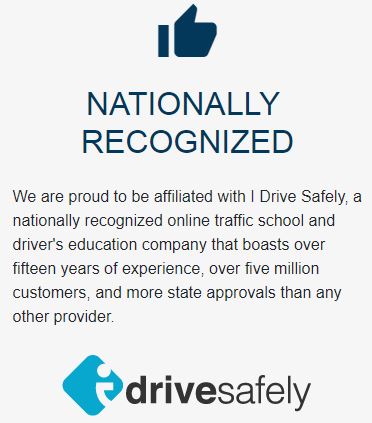Alive at 25 Defensive Driving Course
Driver Improvement | Traffic School
Accident and Crash Prevention Online Class
![]()
Alive at 25 Defensive Driving Programs
CLICK ON YOUR STATE BELOW:
ALABAMA, ALASKA, ARIZONA, ARKANSAS, CALIFORNIA,
COLORADO, CONNECTICUT, DELAWARE,
FLORIDA, GEORGIA, HAWAII,
IDAHO, ILLINOIS, INDIANA, IOWA, KANSAS, KENTUCKY,
LOUISIANA, MAINE, MARYLAND, MASSACHUSETTS,
MICHIGAN, MINNESOTA, MISSISSIPPI, MISSOURI, MONTANA,
NEBRASKA, NEVADA, NEW HAMPSHIRE, NEW JERSEY,
NEW MEXICO, NEW YORK, NORTH CAROLINA, NORTH DAKOTA,
OHIO, OKLAHOMA, OREGON, PENNSYLVANIA, RHODE ISLAND,
SOUTH CAROLINA, SOUTH DAKOTA, TENNESSEE, TEXAS,
UTAH, VERMONT, VIRGINIA, WASHINGTON,
WEST VIRGINIA, WISCONSIN, WYOMING
Alive at 25 Online Course
The Alive at 25 Course is designed to address the unique challenges of young drivers (16 to early 20’s). The Alive@25 Course is used by courts throughout America.
Alive at 25 Course
Drivers between the ages of 14-24 are more likely than anyone else to be killed in a motor vehicle collision. Alive at 25 is a highly interactive program targeted toward drivers under the age of 25 that helps young drivers take greater responsibility for their driving. Alive at 25 incorporates Reality Therapy and Choice Theory techniques to help participants identify the five basic needs that drive human behavior. Whereas driver education teaches the mechanics of car and road handling and state law, Alive at 25 focuses on behavior, judgment, decision making and consequences, and provides tools for making positive choices.
Alive at 25 Statistics
More young drivers die as a result of traffic accidents than any other cause… 11,000 per year. Of those who have attended an Alive at 25 Course, that number is reduced by 74%. The defensive driving courses are designed to save lives through education, so young drivers won’t have to learn the hard way that safe driving is a serious matter.
Young Drivers, Cell Phones, and Texting
- 32.8% of high school students nationwide have texted or e-mailed while driving.
- 12% of distracted drivers involved in fatal car accidents were teens ages 15 to 19.
- Talking on a cell phone can double the likelihood of an accident and can slow a young driver’s reaction time to that of a elderly driver.
- Drivers under the age of 20 make up the largest percentage of distracted drivers.
- 56% of teens admit to talking on cell phones while driving.
- 13% of teens admit to texting while driving.
- 34% of teens age 16 and 17 admit that they send and respond to text messages while driving.
- 48% of kids ages 12 to 17 report being in a car when the driver was texting.
